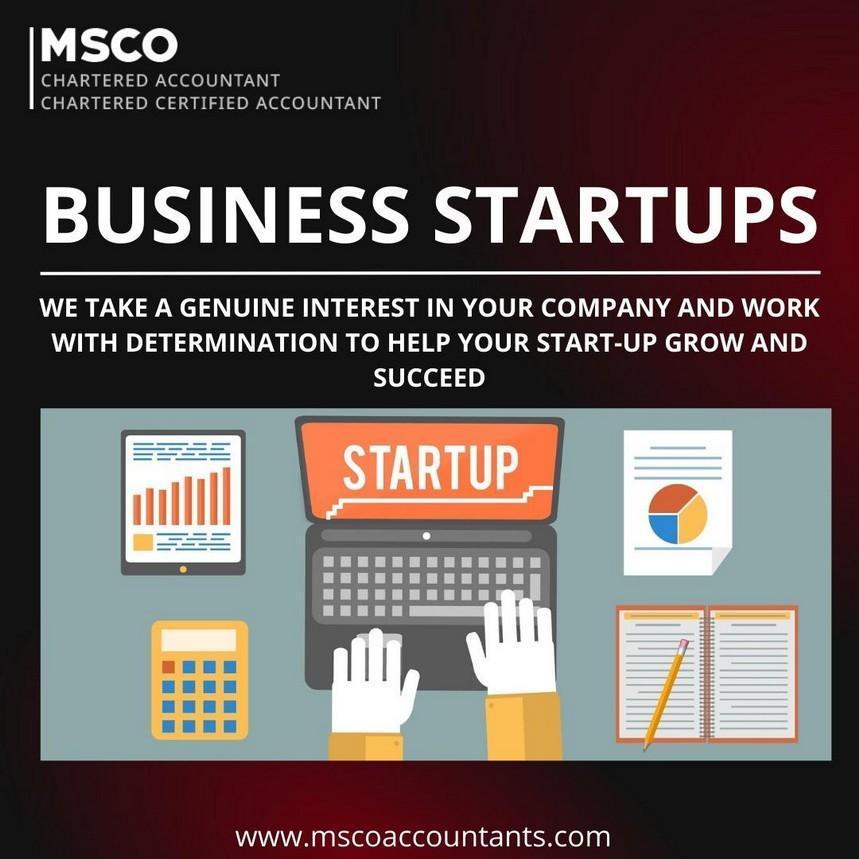Accounting 101 for Start-Up Businesses: Essential Tips and Strategies
Separate Personal and Business Finances
One of the most important things you can do as a start-up business is to separate your personal and business finances. This means opening a separate bank account for your business and using it exclusively for business expenses. This will make it easier to track your expenses, calculate your profits and losses, and prepare your taxes.
Choose the Right Accounting Method
There are two main accounting methods: cash accounting and accrual accounting. Cash accounting records transactions as they occur, while accrual accounting records transactions when they are incurred. Each method has its advantages and disadvantages, and the one you choose will depend on your specific business needs. Be sure to consult with an accountant or financial advisor to help you choose the best accounting method for your business.
Keep Accurate Records
Keeping accurate records of your financial transactions Accounting for Startups is essential to the success of your business. This includes recording all income and expenses, tracking accounts payable and accounts receivable, and reconciling bank statements. Consider using accounting software to help you stay organized and make it easier to generate financial reports.
Understand Tax Obligations
As a Sole Trader Business Account, it's important to understand your tax obligations from the outset. This includes registering and Goods and Services Tax (GST) if applicable, and keeping accurate records of your income and expenses for tax purposes. Sole trader is the simplest way to start a business as setting up is quick, easy and preparing sole trader accounts can be simpler. There are many people who start their business as a sole trader and then later on they incorporate it as a Limited Company. However, being a sole trader business involves some personal financial risk. Sole traders must pay their debts if

their business fails Be sure to work with an experienced accountant or tax advisor to ensure that you're meeting all of your tax obligations.
Prepare a Budget
Preparing a budget is an essential part of managing your business finances. A budget can help you to track your expenses, identify areas where you can reduce costs, and plan for future growth. Be sure to include all of your fixed and variable expenses, as well as your expected income, in your budget.
Managing your finances can be a challenge for any business, but it can be especially important for startups. By separating your personal and business finances, choosing the right accounting method, keeping accurate records, understanding your tax obligations, and preparing a budget, you can set your start-up business up for success. Be sure to work with an experienced accountant or financial advisor to help you navigate the complex world of business accounting. With these tips and strategies in mind, you can take control of your finances and achieve greater success as a start-up business.
Source Code: https://mscoaccountants.wordpress.com/2023/04/06/accounting-101-forstart-up-businesses-essential-tips-and-strategies/
